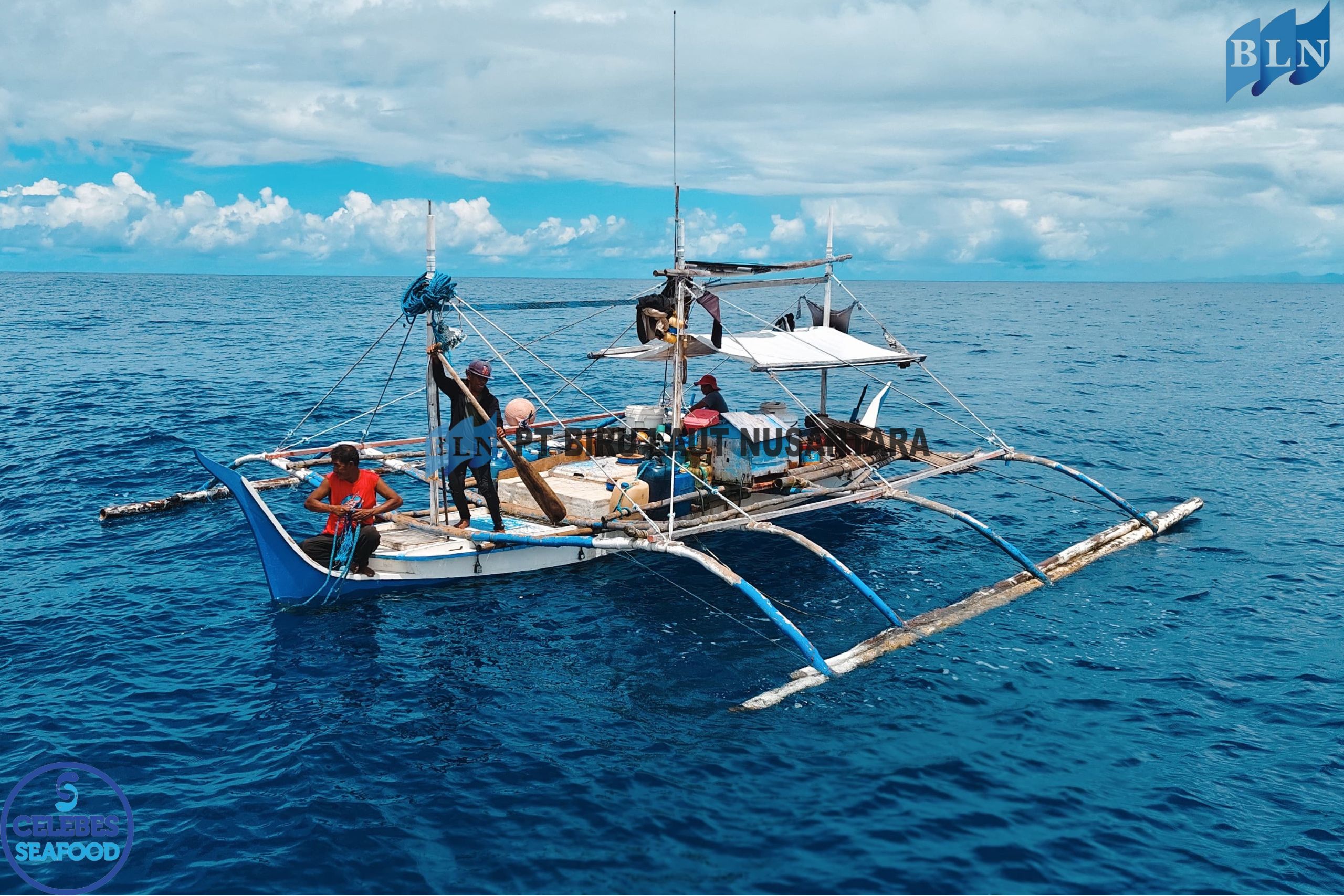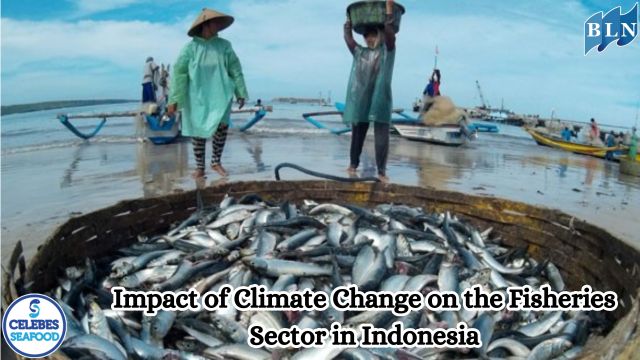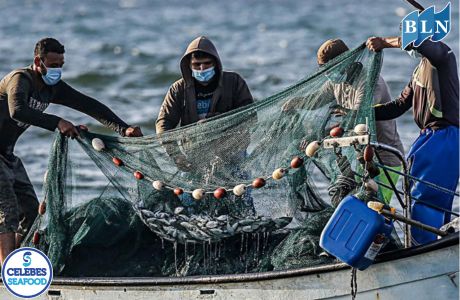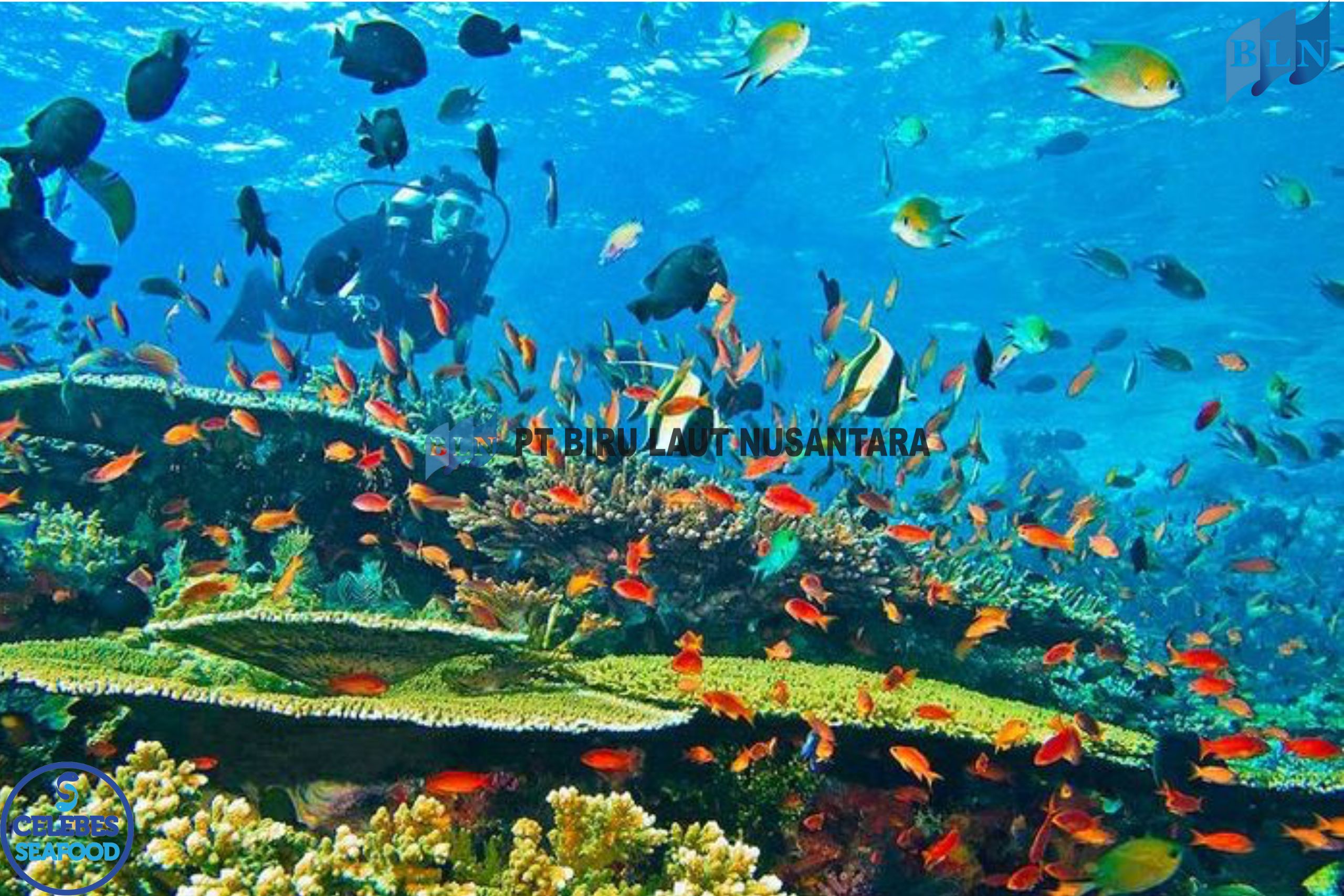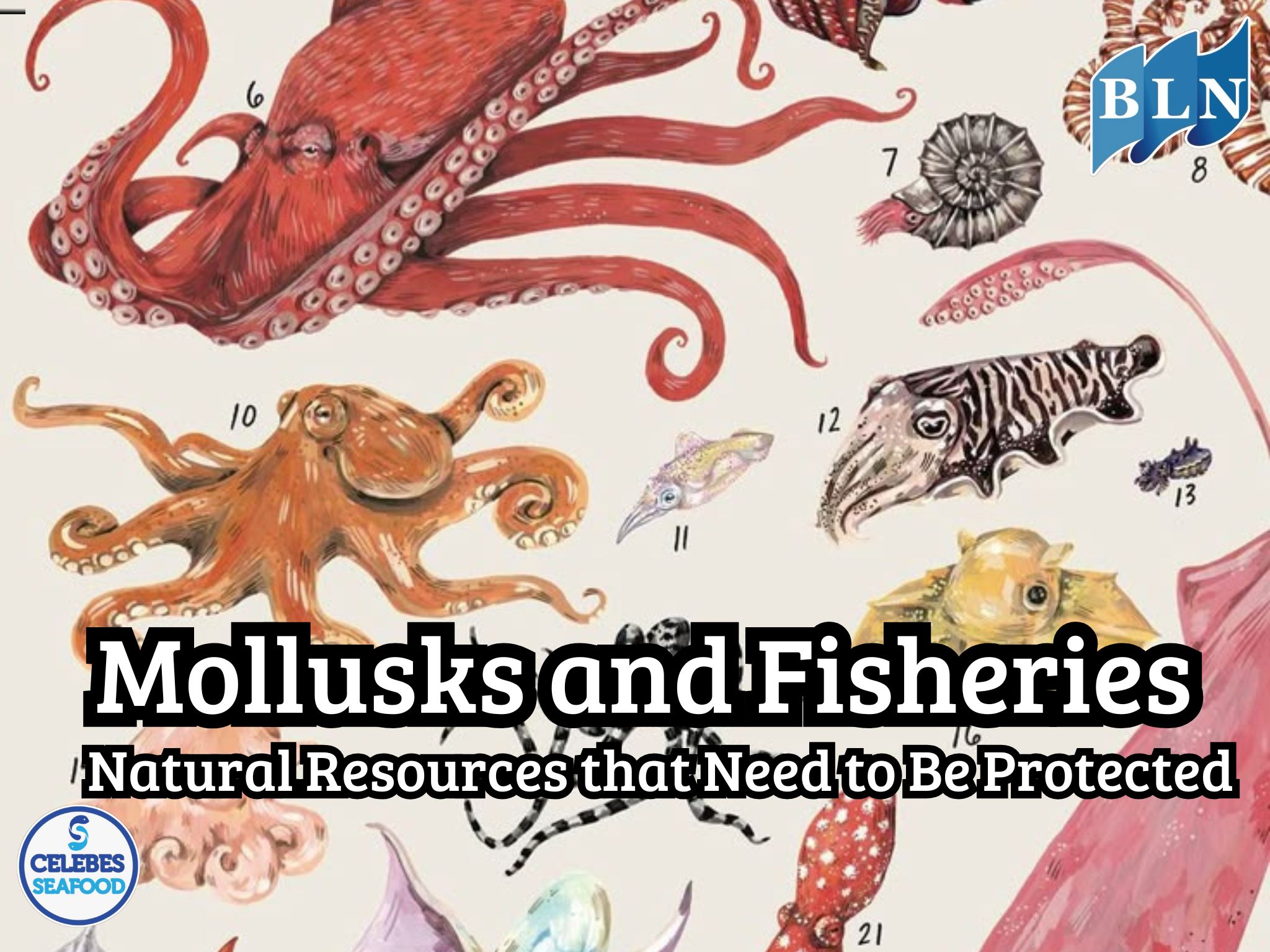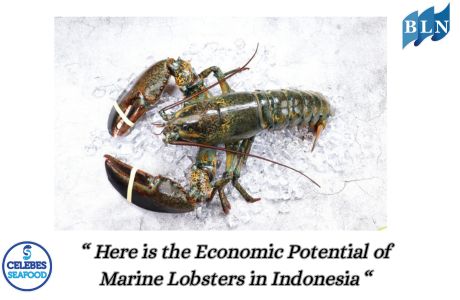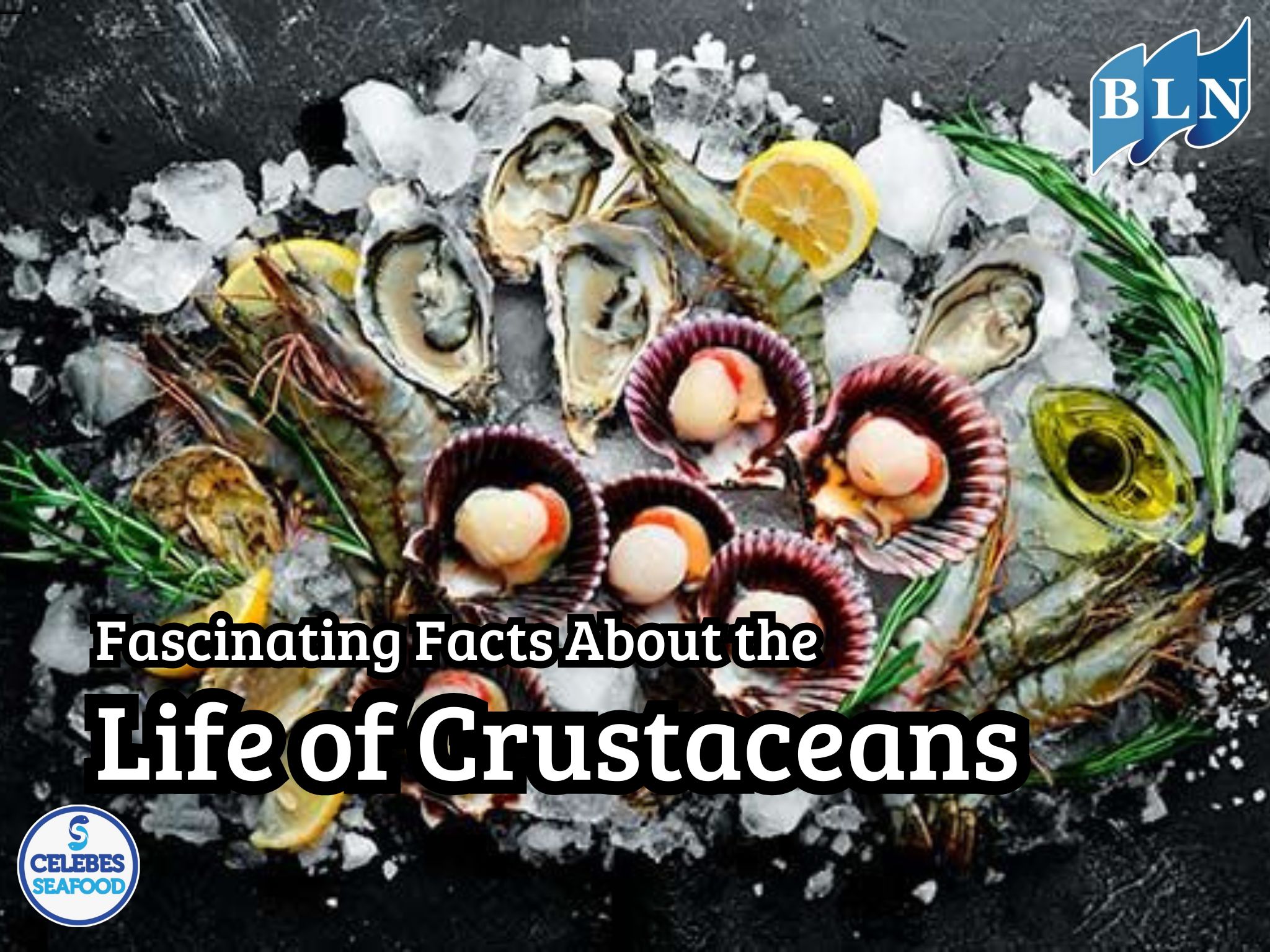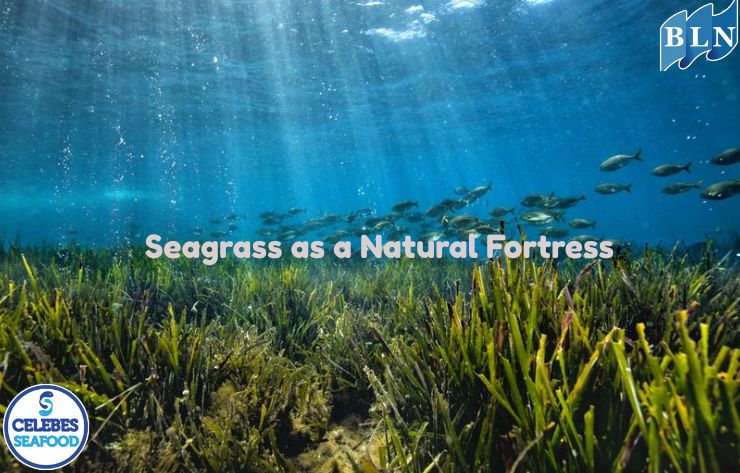The Role of Third-Party Audits in Sustainable Fisheries Certification
By. Tri - 24 Apr 2025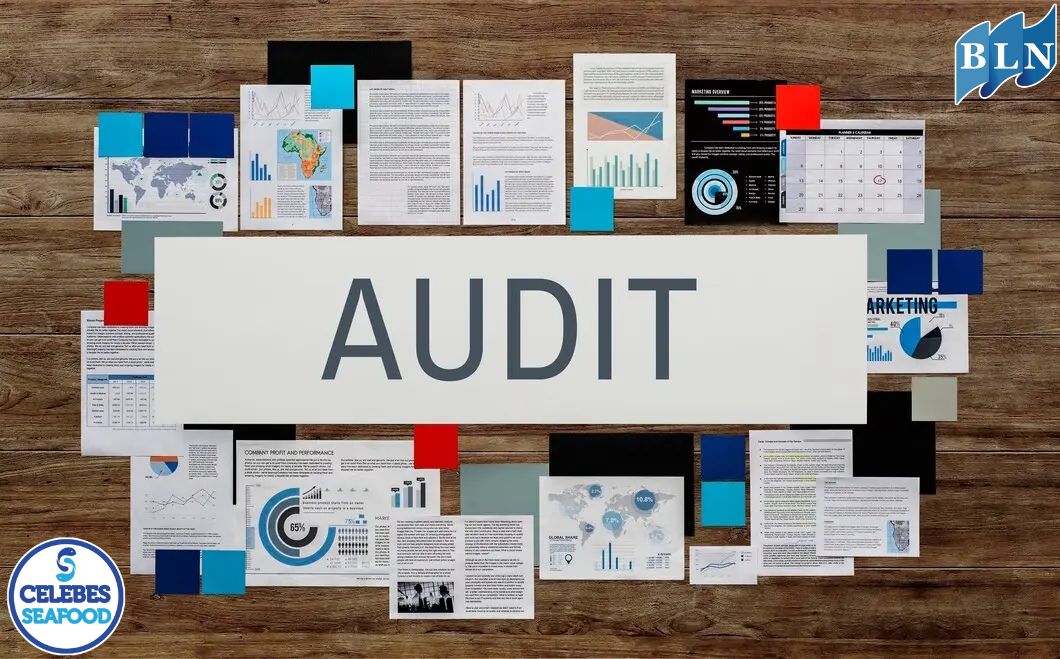
lautnusantara.com_ Sustainable fisheries certification is becoming increasingly important in global efforts to maintain the health of marine ecosystems and ensure the availability of fish stocks for future generations. Third-party audits play a crucial role in this certification process by providing independent and credible assessments of fishing practices. This article will thoroughly examine the role of third-party audits, from ensuring compliance with sustainability standards and building consumer trust to promoting continuous improvement within the fishing industry.
Global concerns regarding overfishing, habitat destruction, and other negative impacts of irresponsible fishing practices have driven demand for sustainably sourced seafood products. Sustainable fisheries certification has emerged as a market mechanism aimed at identifying and recognizing fishing practices that meet specific environmental, social, and economic standards. In this certification process, the role of third-party audits is vital. Independent auditors provide an objective assessment of fishing operations, ensuring that sustainability claims are accountable and trusted by consumers and other stakeholders.
Why are Third-Party Audits Important in Sustainability Certification?
The involvement of third-party auditors in the certification process is not without reason. Several key points underscore their crucial role:
- Independence and Objectivity: Third-party auditors have no financial or operational interests in the fisheries being audited. This ensures that the assessments provided are free from bias and reflect the actual conditions on the ground. This objectivity is crucial for building the credibility of certification schemes.
- Expertise and Competence: Third-party audit bodies generally have teams of experts with in-depth knowledge of sustainable fisheries principles, audit methodologies, and relevant certification standards. This expertise ensures that audits are conducted professionally and comprehensively.
- Consistency and Standardization: Third-party auditors apply consistent audit standards and protocols across various fishing operations. This ensures uniformity in the assessment process and fair comparison between different fisheries.
- Transparency and Accountability: The involvement of a third party in audits increases the transparency of the certification process. Audit reports, even if publicly summarized, provide insights into how a fishery is assessed against sustainability standards. This also enhances the accountability of certified fisheries to continuously maintain and improve their performance.
- Building Consumer Trust: Sustainability certification labels backed by third-party audits provide assurance to consumers that the products they purchase come from responsibly managed sources. This trust is essential for driving market demand for sustainable seafood products.
The Third-Party Audit Process in Sustainable Fisheries Certification
The third-party audit process in sustainable fisheries certification typically involves several stages:
- Application and Initial Review: Fisheries seeking certification submit an application to a certification body. Third-party auditors will conduct an initial review of the information provided.
- On-site Audit: The audit team will visit the fishing operation sites to conduct a direct assessment of fishing practices, environmental management, social aspects, and management systems. They will collect data, conduct interviews with relevant parties, and observe processes firsthand.
- Data Analysis and Report Preparation: After the on-site audit, the audit team will analyze the collected data and prepare an audit report containing findings, assessments of compliance with standards, and recommendations (if any).
- Certification Decision: The certification body will review the audit report and make a decision on whether the fishery meets the requirements for certification.
- Ongoing Surveillance: After certification is granted, third-party auditors will conduct periodic surveillance audits to ensure that the fishery continues to maintain its sustainable practices and address any non-conformities that may arise.
Challenges and Opportunities
While third-party audits play a vital role, there are several challenges that need to be addressed, such as the relatively high cost of audits, especially for small-scale fisheries, as well as the potential for greenwashing if the oversight and integrity of the audit process are not strictly maintained.
Nevertheless, the opportunities offered by third-party audits in promoting sustainable fisheries are significant. By continuously developing more comprehensive standards, increasing the transparency of the audit process, and leveraging technology for more effective verification, third-party audits can become an increasingly powerful instrument in achieving a globally sustainable fishing industry. If you are interested in our product CALAMARI WHOLE ROUND, CUTTLEFISH WHOLE ROUND please do not hesitate to contact us through email and/or whatsapp.
